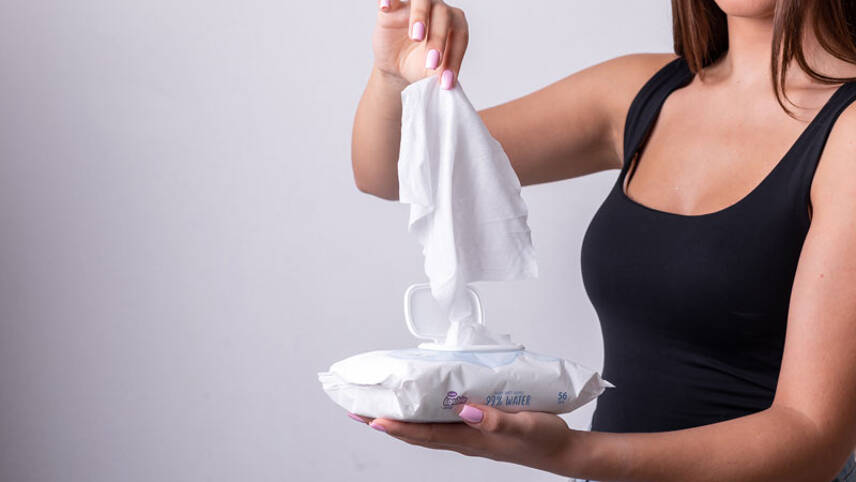Register for free and continue reading
Join our growing army of changemakers and get unlimited access to our premium content

The Department for Food, the Environment and Rural Affairs (Defra) opened a six-week consultation on the ban on Saturday (16 October), noting the contribution of plastic-based wet wipes to microplastic pollution in waters and to fatberg blockages in sewage system.
Research conducted by the BBC in 2019 found that 11 billion wet wipes are sold in the UK each year, with 90% containing some plastic content. Wet wipes containing plastic are not biodegradable and are hard-to-recycle.
Defra believes the ban should be smooth to implement, given strong public support and the availability of commercially viable alternatives to plastic-based wipes.
On the public support piece, a Government-led poll in England found that 96% of respondents would support the ban.
Regarding alternatives, many major retailers have moved ahead of the ban and phased out plastic from their own-brand wipes, including Boots, Aldi and Tesco.
Boots UK’s head of environment, social and governance (ESG), Natalie Gourlay, said: “We removed all wet wipes containing plastic from sale in stores and online earlier this year as part of our long-standing commitment to sustainability and working with suppliers and customers to reduce the use of plastic.
“We are pleased to see the Government now taking action in this area as collectively we all have a responsibility to protect the environment and enable a healthy planet.”
Slow process
The consultation, which runs until 25 November, has been generally welcomed across the UK’s green economy.
But several key groups have questioned why Defra took so long to launch the process. The Department first pledged to consult on the ban in April under its Plan for Water, which had a key focus on sewage spills by water companies.
A Plastic Planet and PlasticFree co-founder Sian Sutherland said: “How can it be so hard to ban something that clearly should not exist, now we know what we know?
“For years a UK ban on plastic wipes has been debated. Introducing it again now, for further consultation, sums up this Government’s approach to tackling the plastic pollution crisis – slug-like, slow and overly influenced by lobbyists with ulterior motives.”
City to Sea’s policy manager Steve Hynd added: “In 2021, the Government consulted on banning wet wipes that contained plastics and in 2023, when they finally published these results, it showed that 96% supported the proposed ban.
“In April this year Environment Minister Rebecca Pow briefed the media to say that a consultation to ban plastic-filled wet wipes was coming. And so it’s disappointing that years after this consultation, and months after similar promises, we’re still only hearing now, yet another announcement, for yet another a proposed consultation. The plastic crisis demands urgent action and instead we’re seeing promises, delays, and half measures.”
The consultation from Defra comes shortly after the Department’s new bans on items including single-use plastic cutlery and polystyrene cups came into force.


Please login or Register to leave a comment.